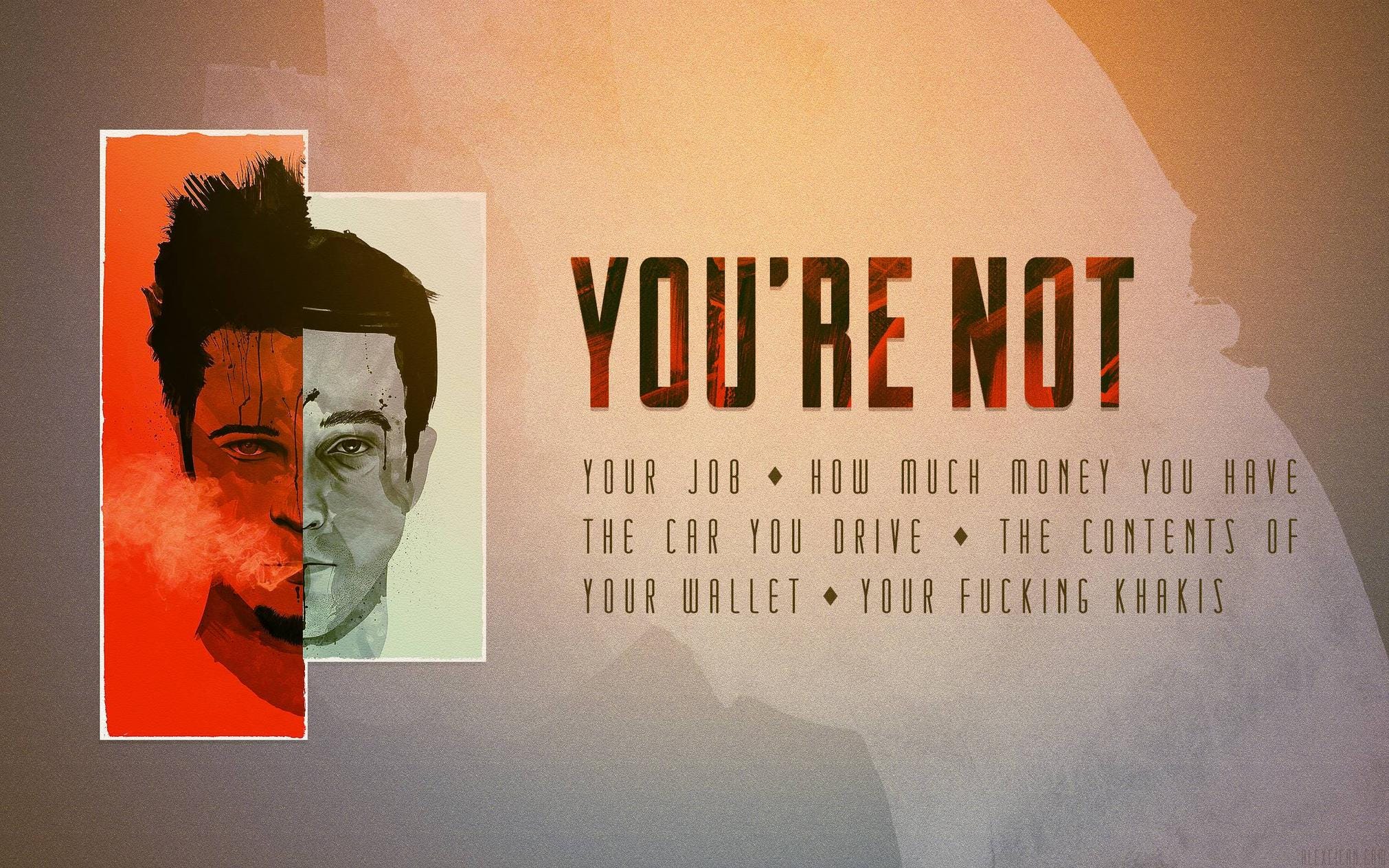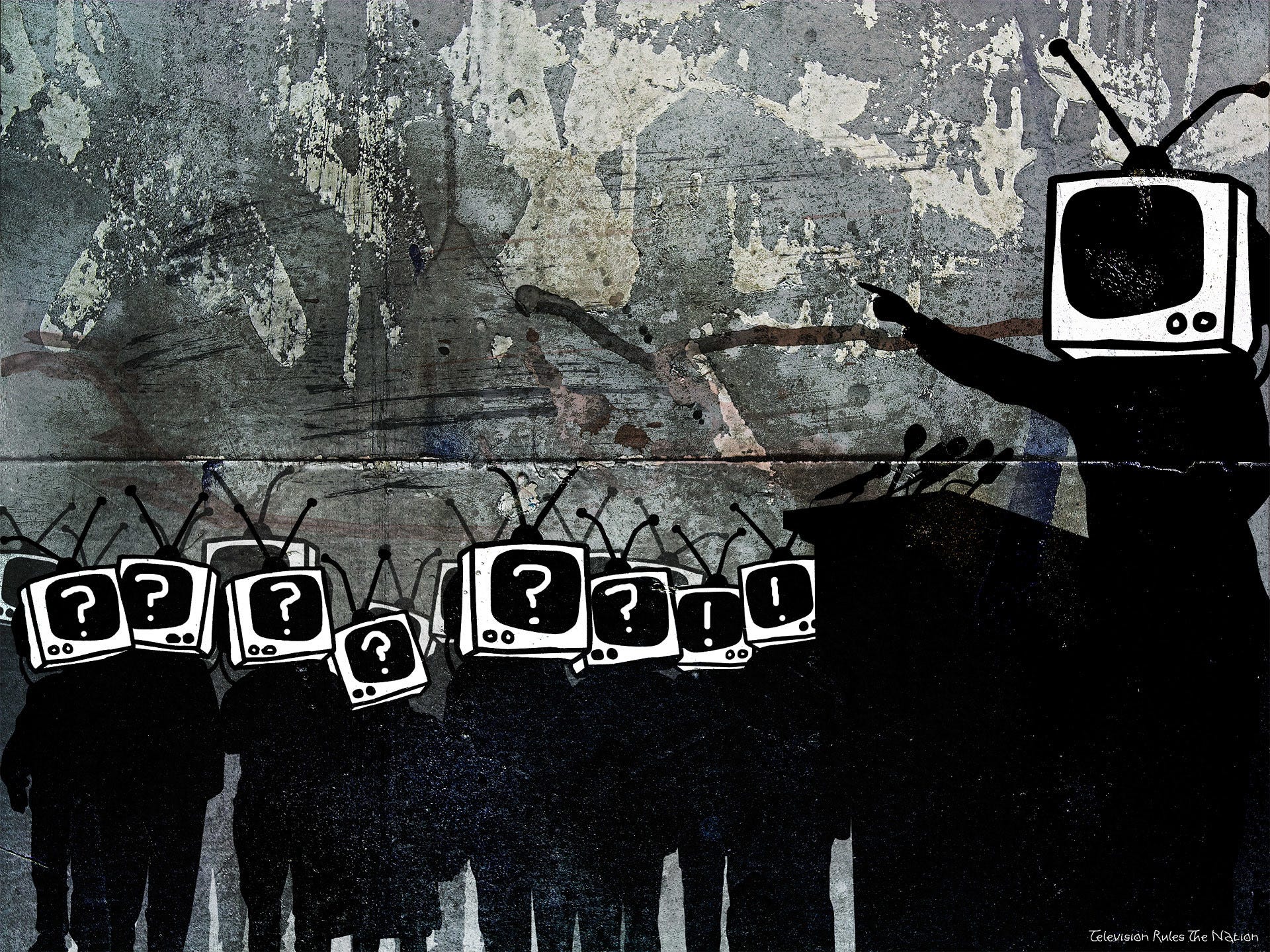
“The reasonable man adapts himself to the world: the unreasonable one persists in trying to adapt the world to himself. Therefore all progress depends on the unreasonable man.” — George Bernard Shaw
My father recently adopted an abandoned kitten from the pound. The vet instructed him to domesticate the cat by allowing him to go outside and then make a very loud noise at the entrance to the house so the cat would always remember where he lived. While this may appear counterintuitive and that the sound might scare the cat away, the method is seemingly very effective. There is a fascinating reason why it works.
The amygdala (fight, flight, freeze) is the part of our brains that acts as a storehouse for our early emotional memories, particularly our more traumatic ones. When the brain perceives a threat it keeps a quickly accessible record of the event, situation or circumstances that surrounded the threat. This forms a set of emotional impulses and these impulses impact our decision making capacities consciously or unconsciously. It is in this way, we can better understand the reasoning behind the stressful experience (the loud noise) for the cat and the memorisation of where that stressful event took place. Like animals, humans certainly remember such stressful events, the more stressful the event, the deeper the memory, like the grooves on a vinyl record. Such negative connections become “crystallised” over time as they are bound by proteins and build up like scar tissue.
“Give me a child until he is 7 and I will show you the man.” ― Aristotle
Humans are designed to learn by observation and the child brain is particularly susceptible to learning this way. The Jesuit education system understood Aristotle’s words, ‘Give me the child for his first seven years, and I’ll give you the man’. The Jesuits suggest they can indoctrinate a child in the early years to socialise them for adulthood. While indoctrination can instil positive values such as manners, values and ethics, it can equally embed a set of unquestionable beliefs and a set way of thinking. The latter is certainly never welcome, especially in this world of rapid evolution, where we must be critical and adaptive thinkers.
Not long ago, my 5-year-old son came home from school and said he had been scolded for asking “too many questions”. This is in direct conflict of how I encourage him and his brother to always ask questions. I believe the undervalued gift of curiosity is stamped out of our children at a young age. Consider that preschool children ask an average of 100 questions per day, but shamefully, by middle school, they all but stop asking questions. In a world of abundant data and information, asking the right question is an invaluable skill. The answer can be found easily, coming up with the right question is more difficult. Our children are more often rewarded for having the right answer than asking the right question, they learn that this approach is desired behaviour. Such indoctrination discourages our children to question, to think for themselves and to respectfully challenge authority.
In a world of uncertainty and rapid change, the distillation of new information to inform new thinking is more important than the unchallenged respect for opinions formed by authority. As recent guest on the innovation show David Deutsch says: “Without error-correction all information processing, and hence all knowledge-creation, is necessarily bounded. Error-correction is the beginning of infinity.” The goal of knowledge is to disprove theories as much as it is to formulate them.
The challenge for us and for generations to come is that any view counter to the collectively held view on any topic challenges the status quo. By the very nature of the status quo, it considers any challenge a threat. The danger for the brave ones who do challenge the status quo is that they are often ostracised, vilified and demonised.
From a young age, we are indoctrinated to fall in line, not to rock the boat and not to call out that the emperor is naked. Many of us do fall in line, even when it means living with the gnawing sick feeling in our guts that something is not quite right.
The Argument from Authority
“One of the great commandments of science is, “ Mistrust arguments from authority.” … Too many such arguments have proved too painfully wrong. Authorities must prove their contentions like everybody else.” — Carl Sagan
We commonly believe we would consider any information presented to us independently of the individual who was delivering that information. In reality, the status and credentials of the individual greatly influence our perception of the information we receive.
In logic, defeasible reasoning is a kind of reasoning that is rationally compelling, though not deductively valid. The Argument from Authority is a “defeasible” argument in which a claimed authority’s support is used as evidence for an argument’s conclusion. History gives us many examples where people agree on something that is totally wrong, even when it was claimed by an expert.
Sigmund Freud is recognised as the founder of psychoanalysis. Freud’s work is the foundation of much of the psychoanalytical approaches still in practice today. Like any theories, Freud’s originated his theories, they came from his imagination, they came from his questions, they came from his insights. But would you feel so secure in Freud’s work if you knew that Freud’s work was often fuelled by his heavy usage of cocaine? You see Freud researched cocaine by experimenting on himself and became addicted. Does that make the authority of his theories less?
Or take the case of the 1930’s neurologist, Walter Freeman, who practised a procedure which he named “lobotomy”. The procedure severed the connection between the frontal lobes and the thalamus, it was dubbed the “icepick lobotomy”, initially he used an ice pick, but eventually he developed short, thin metal spears he drove through the back of the eye socket with a mallet. Freeman performed in psychiatric institutions and disgracefully, 40% of Freeman’s patients were gay individuals subjected to a lobotomy in an attempt to change their homosexual orientation, leaving most of these perfectly healthy individuals severely disabled for the rest of their life. In 1951, one patient at Iowa’s Cherokee Mental Health Institute died when Freeman suddenly stopped for a photo during the procedure, and the surgical instrument accidentally penetrated too far into the patient’s brain. Freeman wore neither gloves nor a mask during these procedures. It is believed Freeman performed over 2,500 of these lobotomies. Eventually, when Science caught up to Freeman’s claims, the same scientific community who lauded him in one era now rejected him. He had his authority revoked and he was outcast, but why did Freeman get so far?
Freeman may have meant well, but acted without solid evidence. In the absence of trusted data, his status, qualifications and authority were enough to establish trust and belief. As a result, many people were severely disabled or died. This is a severe, but not an isolated case of The Argument from Authority.
“Unthinking respect for authority is the greatest enemy of truth” — Einstein
We are conditioned from a young age to blindly obey authority, to believe teachers, religious leaders, political leaders and any figure of authority in our worldviews. Why? Because they are in a position of authority. We must challenge authority and this mindset should be instilled in our children, teaching them how to think, to communicate and to learn is more important than just passing on existing knowledge.
All theories are just that “theories” and they should be challenged as much as they should be built upon. This is the role of the changemaker, the gainsayer, the maverick, the true leader. Such changemakers share many common traits. To single out one common denominator of the challengers is that they were disagreeable. The word carries negative connotations, but I mean that as a compliment.
Disagree and Be Discontent Respectfully
“Discontent is the first necessity of progress.” — Thomas Edison
You can now understand how we are conditioned and socialised and even designed (to a certain extent) to “fall in line”, to be a member of a tribe, to be agreeable. Some of us are allergic to stagnation and we recognise this is a sure path to decay. Even if we feel uneasy staying within our swimlane and not rocking the boat, change is difficult, it is risky to be disagreeable. However, are you going to be more financially stable over your lifetime if you are disagreeable? According to a study, published in the journal Developmental Psychology, there is a direct correlation between rule-breaking and earning a high income later in life. Being disagreeable can lead to better outcomes. When we easily accept a “No” to our suggestion or a “No” to our pay rise, we are teaching people how to treat us. Think about the customer you would hate to get on the wrong side of, the more disagreeable, the more you will ensure their needs are met. Without becoming raving primadonnas, we should act the same way, stand up for what we believe and respectfully fight for it.
On this week’s innovation show, we welcome a respectful disagreeable person in Heather MacArthur. Heather’s message is clear, it is time for us to realise that we are not backseat passengers in our careers, sitting back complaining about the driver. We are the driver, but we need to take responsibility and grab the steering wheel. To do this we need to challenge the little voice in our heads, we have learned to fear or be cautious about challenging authority because it is not what the herd does. The voice may be doing its best to protect you, but ultimately it is binding you to the conditioning you received in childhood. It is time to change that voice.
On this week’s innovation show we are joined by business consultant and author of “Low Man on the Totem Pole: Stop Begging for a Promotion, Start Selling Your Genius” Heather MacArthur
For many of us, the thought of work brings to mind a daily nine-to-five grind, reporting to disinterested supervisors, and ‘’working for the weekend.’’
You probably enter the office feeling disenchanted, counting down the minutes until 5 p.m. Whether this approach to work is due to feeling unrecognised for your work, being a cog in a corporate machine, or the influence of apathetic coworkers, there is something you likely forgot along the way, YOU, you are the one in the driver’s seat of your career.
This episode offers something for everyone trying to find meaning in their work
Heather shares:
The two biggest issues facing the workplace today
How to develop people
3 mindsets of the workplace
Pyramid of Purpose
Challengers and Nemeses
Weaving Webs v Climbing Ladders
Networking v Building Relationships
First steps to change
Have a Listen:
Soundcloud https://lnkd.in/gBbTTuF
Spotify http://spoti.fi/2rXnAF4
iTunes https://apple.co/2gFvFbO
Tunein http://bit.ly/2rRwDad
iHeart http://bit.ly/2E4fhfl
More about Heather here:

